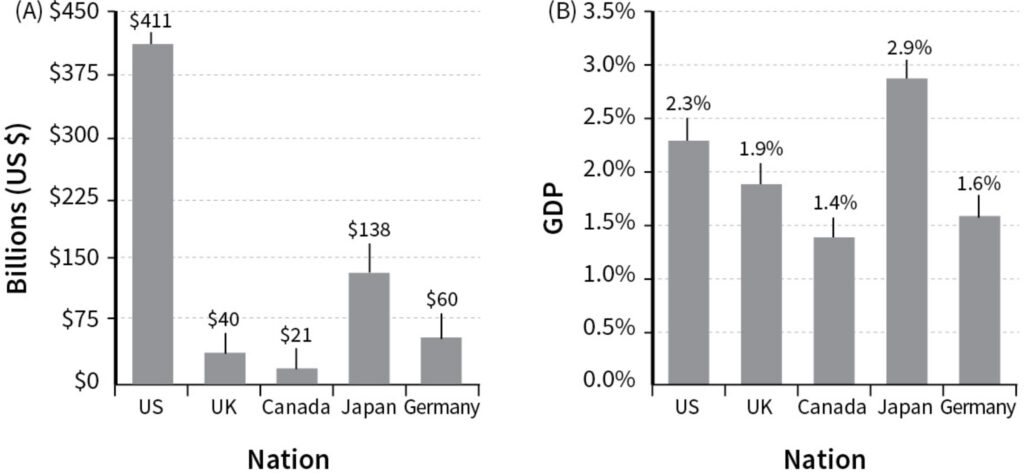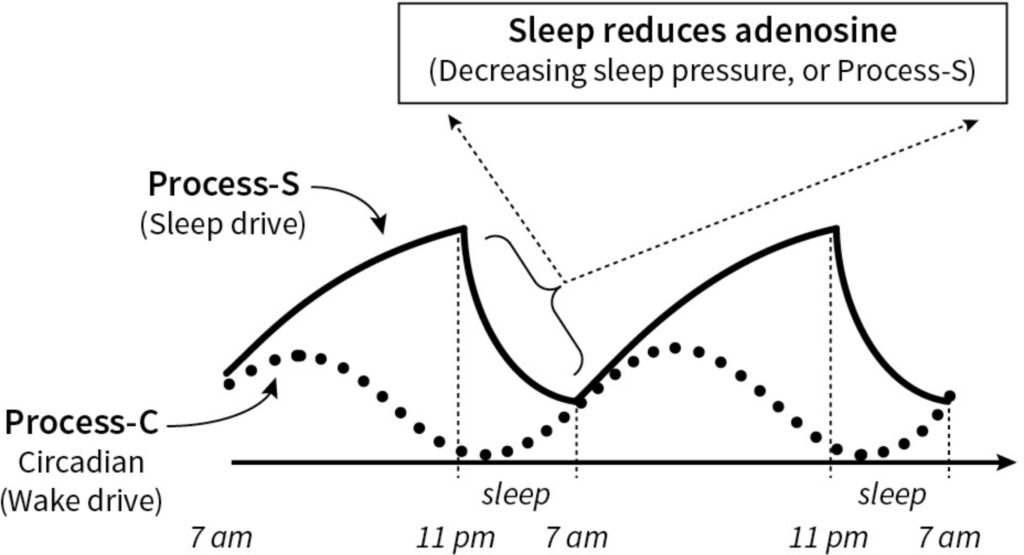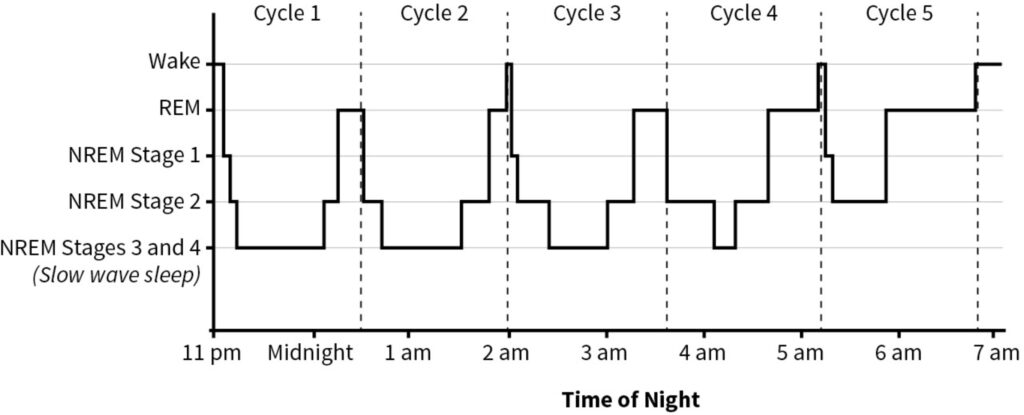I haven’t slept consistently well since 1999. Sporadically I have had periods of good sleep, but they have been punctuated by things like pregnancies, babies, young children, surgeries, recoveries, repeat, repeat, repeat. I’m at a point in life where there will be no more babies and my body is feeling more comfortable in bed – it is time to reclaim my sleep!
Sleep Stigma
How many times have you opted to skip some sleep in favor of working on something? Pulled an all nighter in preparation for exams or a work project? Been applauded for being the one that works more, more, more, functioning on less and less sleep? As if that’s a badge of strength and higher productivity and contribution. Our society has lauded those that skip sleep as “better” and branded those that choose to claim their sleep as “lazy.” Sound about right?
It is time to right that ship and reclaim sleep worldwide. We sleep for 1/3 of our lives. It seems incredibly important to understand what is happening and why so we make it count.
Cost of Less Sleep
The cost of losing even one hour of sleep is incredible. Less sleep is costing our world in many ways, especially in regards to health, but it is most visibly appreciated via economics. Does this get your attention? It did mine.

The real evidence that makes clear all of the dangers that befall individuals and societies when sleep becomes short have not been clearly telegraphed to the public. It is perhaps the most glaring omission in the contemporary health conversation.
– Matthew Walker
What Causes Sleep?

In a nutshell, we cycle with our circadian rhythms, Process-C, and sleep pressure, Process-S which is governed by the rise of adenosine levels. The longer we stay awake, the more adenosine builds up. These two function independently of each other. Circadian rhythms will roll as they will, but most of us alter adenosine build-up (via caffeine, alcohol, naps, etc.), causing a mis-alignment of Process-C and Process-S. No wonder our sleep is a mess!
What Happens When We Sleep?
I recommend reading Matthew Walker’s book to get a more complete understanding, but in brief we cycle through several types of sleep – 4 levels of NREM sleep, and REM. Each has a purpose and needs its full cycle to benefit us. This is a typical pattern of when each occurs.

If we cheat our sleep on either end, we lose out on that cycle. So, getting up too early is equally harmful as going to bed too late. He shows how important ALL PARTS of sleep are – neither REM nor NREM is more important or beneficial than the other. If someone got the early half of sleep only, they’d be missing out on the early morning hours of more prominent REM sleep, and if someone only got the early morning sleep, they’d be missing out on the late night NREM sleep. The cycles actually occur at distinct times irrespective of when a person has chosen to go to sleep. How interesting!
Realign and Reclaim Sleep
Do you think your Process-C and Process-S curves align optimally? Are you disrupting your S curve? And are your honoring your natural C curve? Part of that is governed by your chronotype, which I will share more about tomorrow. For now, take a deeper look at Why We Sleep and have a listen to Matt Walker’s podcast to get more sleepy time nuggets. You will never view sleep the same way again!
Tomorrow I’ll share more about what happens in our brains when we sleep – it is fascinating!!
If you have landed on this page from an external link, please go HERE to read from the beginning. Otherwise, click on the next title below to continue.


Leave a Reply
You must be logged in to post a comment.